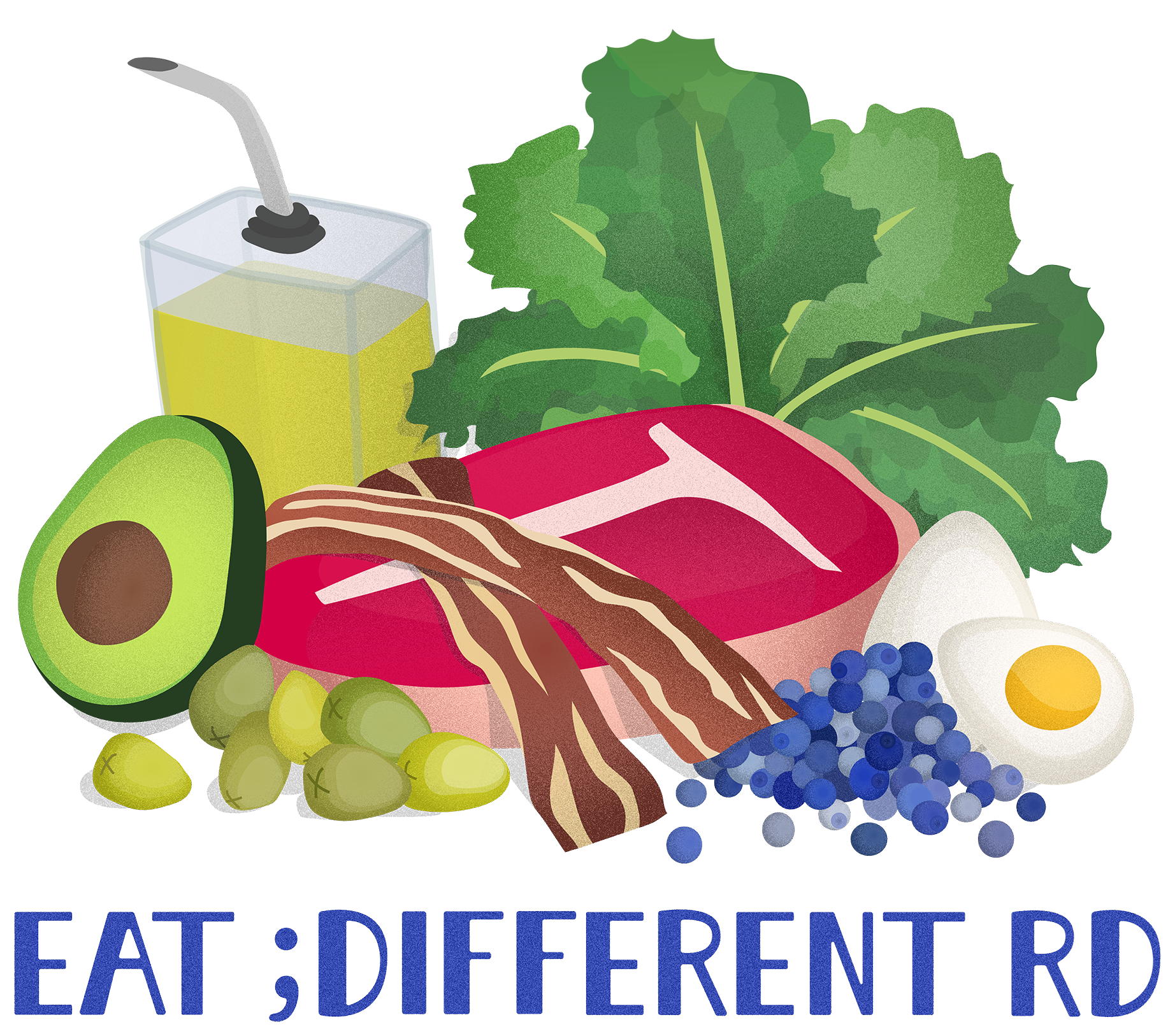What Does the Evidence Say?
"Detox!"
"This new diet will help you lose weight with no effort!"
"Eating _____ will kill you!" or "Eating ____ will NOT kill you after all!"
... ever hear those words on the radio or from friends or read them on facebook? Ever wonder if there is any merit to those claims? Ever get confused about what you should or shouldn't eat? I know I do! and I'm the dietitian!
This page is all about the evidence. It is so important to know what studies have actually been done, assess how studies were done, if there were biases, and, really at the end of the day - what the results of the studies actually mean to you and me!
In order to do that, you need to know what to look for in a research article. And to help you do that, I am posting (with written permission from the Evidence-Based Practice Research Group at MacMaster University), guidelines on how to reading articles (and what to look for!) as well as a template form to fill out as you read through an article. And, as I read through the literature, I will be filling out this form and posting it here on this page! So you can see my analysis, and the take home messages from the research studies. As well, I will add a URL to the actual study on each form. I will also add files and URLs for other trustworthy links (e.g. food sources of different nutrients, the possible list of names sugar can be called on a food label, etc). Please understand, this is an ongoing project and will take time to get to where I would like it to be.... so I will tweet and facebook-post new studies as I get them assessed!
The links below are the Guidelines and the Assessment Forms that you can freely use:
Guidelines for Quantitative Research Studies
Blank Assessment Form for Quantitative Research Studies
Guidelines for Qualitative Research Studies
Blank Assessment Form for Qualitative Research Studies
TOPICS and the EVIDENCE
Sugar
- Fructose (excess)
- Harmful
- Heart Disease, LDL (number, and particle size), HDL, TG, Weight Gain - Visceral Fat, Insulin sensitivity, Metabolic Syndrome. Stanhope KL, Schwarz JM, Keim NL, Griffen SC, Bremer AA, Graham JL, et al. 2009. Consuming Fructose-sweetened, not glucose-sweetened beverages increases visceral adiposity and lipids and decreases insulin sensitivity in overweight/obese humans. Journal of Clinical Investigation, 119(5): 1322-1334.
- Blood Pressure: Nguyen S, Choi HK, Lustig R, and Hsu C. 2009. Sugar Sweetened Beverages, Serum Uric Acid, and Blood Pressure in Adolescents. J Pediatr, 154(6):807-813.
- Harmful
- Glucose (excess)
- Harmful
- Possible Names for Sugar on Food Labels
Salt
- Summary of evidence on Salt (and saturated fat) created by clinicians who started the "Change the Food Guide" Campaign (https://www.changethefoodguide.ca)
Saturated Fat
- Summary of evidence on Saturated Fat (and salt) created by clinicians who started the "Change the Food Guide" Campaign (https://www.changethefoodguide.ca)
CANADIAN DIETARY GUIDELINES
The Canadian Clinicians for Therapeutic Nutrition (CCTN) has attempted to get the Canadian government's attention regarding Health Canada's current dietary guidelines, which are not up-to-date regarding the latest, well-constructed, scientific research.
Here is a summary of events. Also available here: https://www.changethefoodguide.ca.
1. When Health Canada invited Canadians to comment on changes to Canada's Food guide, the CCTN wrote a letter outlining concerns it had about the current guidelines, with supporting evidence and 190 signatures from concerned physicians and allied health professionals. This letter was ignored.
- 1st Letter to Health Canada about how to improve the Canadian Dietary Guidelines. (Dec. 2016)
2. After Health Canada released its proposed changes to the Food Guide, the CCTN wrote a rebuttal letter (revised version of the initial letter), this time with 717 signatures.
- Rebuttal letter to Health Canada after the proposed changes to the Canada's Food Guide were presented. (July 2017)
3. The Health Minister, the Honourable Ginette Petitpas Taylor, responded with a letter informing the CCTN that Health Canada was working to improve Canadians' health, that Canada's Food Guide is intended only for the "general population" (although no definition for this term was provided), and that if someone has a specific health condition that they need to see a health practitioner rather than follow the food guide. The concerns regarding the inadequacies and lack of evidence of the Food Guide were not addressed.
- Response letter from the Health Minister. Sept 2017.
4. The CCTN wrote a response to the Health Minister's letter thanking them for the positive steps being taken to improve Canadians' lives, as well as addressing any inaccuracies (e.g. 2/3's of Canada's population is sick in some way, so how recommendations for the "general population" be improved to help the majority of Canadians; on what evidence are the current guidelines based) as well as references to back up each point. There has been no response from the Health Minister, despite requesting a meeting.
5. The CCTN wrote a letter to the Health Minister regarding the proposed changes to "front of package" labeling of sugar, salt, and saturated fat and the lack of evidence for making a number of claims.


